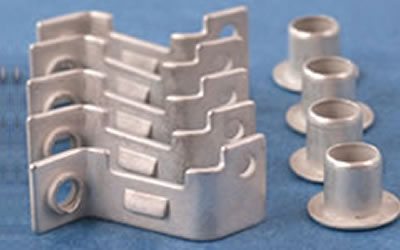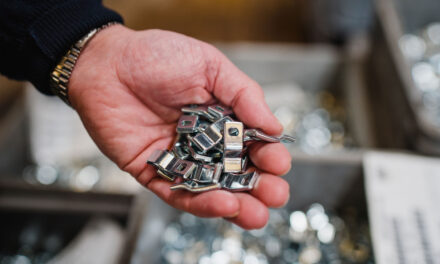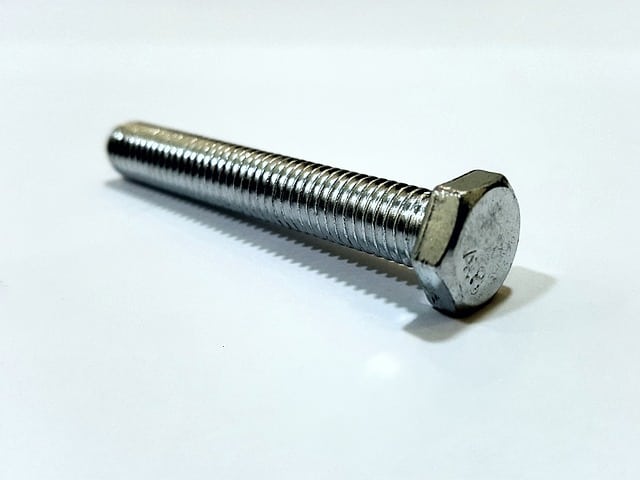What is zinc plating?
Zinc plating is the process of covering substrate metals such as steel, iron and copper to name a few, with a protective zinc coating. This coating fights against corrosion. Many industries and applications use the coating for its corrosion fighting abilities. EC Williams is one of the leading providers of zinc plating services in Birmingham. With decades of experience under our belts, our zinc plating is guaranteed not to let you down.
Why is zinc plating used?
Corrosion can cost a company thousands in damages. That’s why our zinc plating process here in Birmingham is so popular. Zinc coating creates a protective barrier preventing moisture and oxygen from reaching the underlying material.
Zinc plating background
People have been using Zinc compounds for more than 2,500 years. India was the first known country to use metallic zinc in the 15th century. Today, galvanization (the process of coating a metal surface to protect it from corrosion) is one-third of all zinc metal. Furthermore, zinc plating is the most commonly used method of galvanization.
Zinc plating started becoming popular in the late 20th century. Until then, people were using cadmium to protect against corrosion. However, over time cadmium can become highly-toxic and poisonous. Zinc is not only great for protecting against corrosion but it is bio-friendly too.
The zinc plating process
At EC Williams our zinc plating service is second to none. We have the expertise and the equipment to deliver top quality results, despite the complex process.
Zinc nickel plating requires a plating station, a rectifier, an ancillary tank for absolute dissolution of the zinc anode, and a reservoir.
Step 1. Firstly, you need to prepare and clean the substrate surface using an alkaline detergent solution. For a quality zinc coating finish there can’t be any contaminants or debris on the surface.
Step 2. Once you have washed the substrate, it’s time to apply an acid treatment in order to remove any rust. We call this process pickling. The process involves immersing the substrate in a specially formulated electrolyte solution. It is often known as the plating bath. It consists of a zinc ion solution amongst other chemicals and helps achieve the final results.
Step 3. After being thoroughly cleaned and prepared, the substrate is ready to undergo the zinc nickel plating process. This includes choosing between rack plating or barrel plating.
Step 4. Electrodeposition is the next step. By using an electrical current, metal ions are deposited on the metal substrate surface. Submerging the substrate in the bath, introduces the DC current. Then, zinc deposits onto the material surface. To complete the circuit, the current flows back to the anode.
Step 5. Post-treatment is the final step. To complete the post-treatment process all parts need to be washed in water to remove any remaining contaminants. This may require several rinses. Then, all that’s left to do is ensure the zinc plates are completely dry.
Further protection such as passivators and sealers can be added in the post-treatment process if required.
Zinc plating at EC Williams
To find out more about zinc plating services in Birmingham, contact our electroplating specialists. As one of the leading nickel plating companies in the UK we have experienced, trained staff ready to give you extensive technical advice and support.
If you would like to discuss your requirements for zinc plating, or any of our other services such as nickel coating please call 0121 236 2524. Alternatively, you can email us at plating@ecwilliams.co.uk.
If you have found this blog helpful, you may wish to read our previous blog on Zinc Nickel Plating Services.





